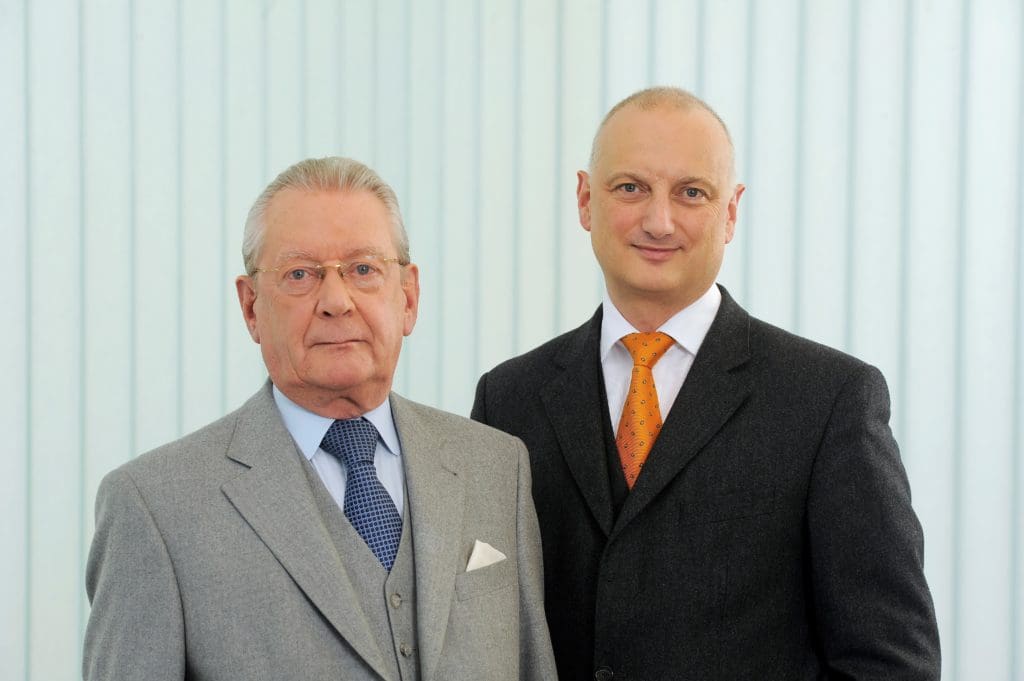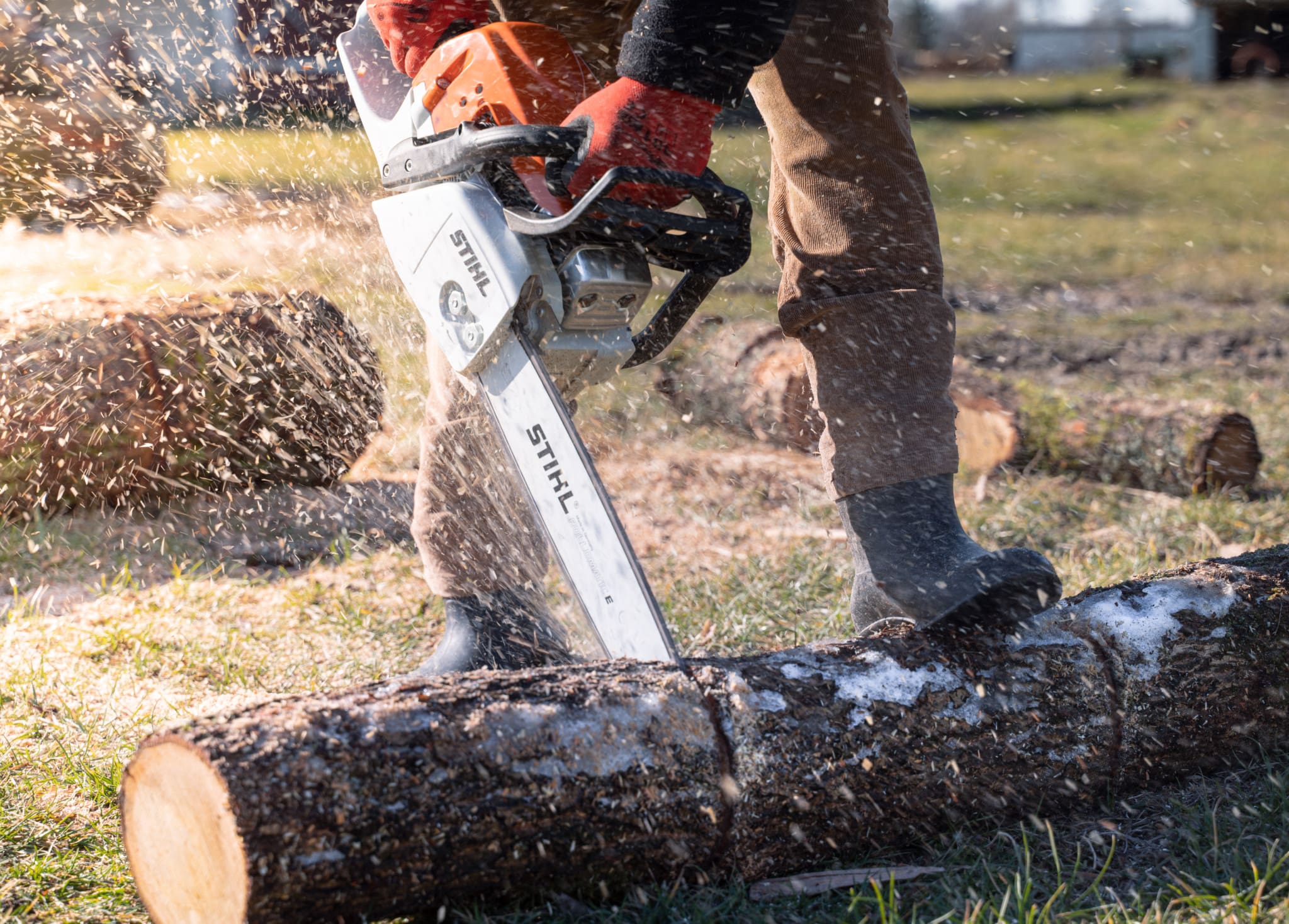Germany is heading for a tipping point in terms of its attractiveness as a place to do business, according to Nikolas Stihl, chairman of the famed power tools company Stihl AG.
“The danger of de-industrialization cannot be dismissed out of hand,” the Swabian family entrepreneur, whose company is best known around the world for its chainsaws, told news agency dpa in an interview.
German industry has acted very resiliently and more or less coped with the burdens, however, it is becoming more difficult from year to year, he added.
“The German location could reach a tipping point at some point with a strong negative impact on the willingness to do business in this country,” said Stihl’s chairman. For his company, he said, that point would be reached when it could no longer manufacture competitively in Germany, according to a report from German newspaper Die Welt.

Germany has always been a relatively expensive place to do business, he said, and so far Stihl has been able to cope, “but the developments in the area of bureaucracy, the cost burden, the lack of investments that we urgently need, that all leads to the fact that the location conditions in this country are getting a little worse every year.”
For decades, too much has been invested in consumption in Germany and too little in helping industry, Stihl complained. “And we are feeling the consequences now.” The grand coalition, he said, did not address the essential problems, and the traffic-light government is not addressing them either.
“We renew our infrastructure too little, build too little in addition and are not innovative enough. We’re watching the most important competitors in the world — as there are the U.S. and China — overtake us left and right.” He also said that the pension system was not designed to be future-proof.
[pp id= 48504]
For his company, which makes garden and construction equipment in addition to chainsaws, Stihl looks back on “extraordinary years of growth” during the Coronavirus era, which was marked with people having more time to improve their homes and gardens.
In 2021, Stihl achieved record sales of just over €5 billion. For 2022, sales are significantly higher even if lower than 2021’s gains. Stihl said which he attributes this mainly to the weak euro. Stihl sells a lot in dollars, so if the euro loses value, that helps sales. In addition, there are price adjustments due to inflation.
In terms of sales volume, however, the company is likely to be very slightly below the previous year’s figure. This is also due to problems with supply chains, Stihl added.
Stihl is not the only one warning about a future of de-industrialization, with the CEO of ArcelorMittal Germany warning that the country faces an uncertain future.
“Production in Germany is currently no longer competitive,” said Reiner Blaschek, the CEO of ArcelorMittal Germany, which recently shut down two plants in the country. He is calling for quick political intervention, saying, “We need competitive energy prices for industry.”
In October, the president of the German Chemical Industry Association (VCI), Markus Steilemann, warned that Germany is at risk of going from an industrial country to an “industrial museum” due to the federal government’s energy policy.





